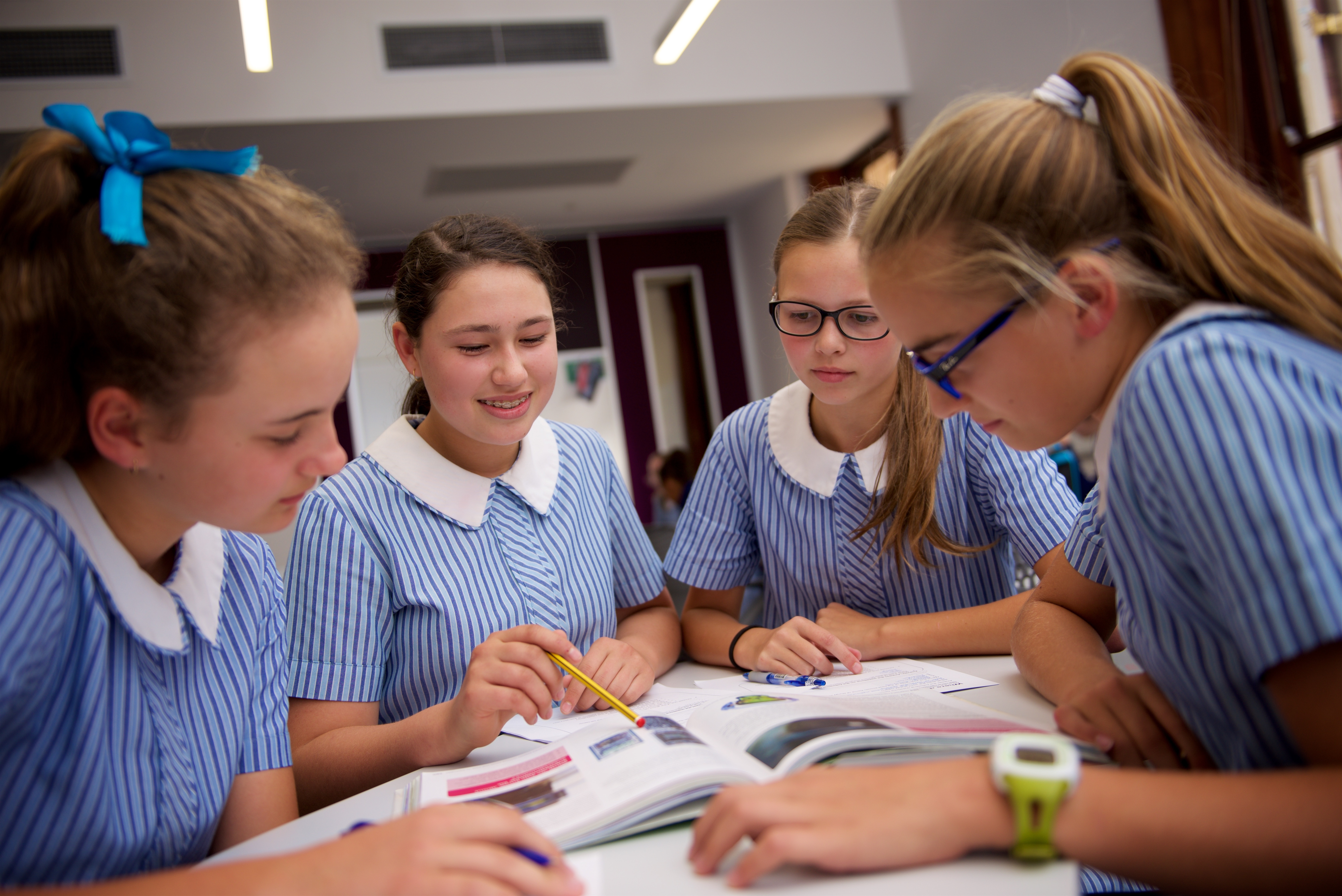 It is a well-documented feature of life in the 21st century that society, particularly Western society, is fast paced, technology driven, competitive, ever-changing and global. The knowledge and skills our young people need to manage their lives effectively and meaningfully in employment, relationships and health and finance are so numerous and diverse it can often be overwhelming as educators and parents to lay the foundations for all that they need. Add to this the intense physical, neurological and hormonal changes which are central to adolescent development, and it is easy to see that young people need to be supported in a compassionate way to develop useful skills to navigate this time in their lives and beyond.
It is a well-documented feature of life in the 21st century that society, particularly Western society, is fast paced, technology driven, competitive, ever-changing and global. The knowledge and skills our young people need to manage their lives effectively and meaningfully in employment, relationships and health and finance are so numerous and diverse it can often be overwhelming as educators and parents to lay the foundations for all that they need. Add to this the intense physical, neurological and hormonal changes which are central to adolescent development, and it is easy to see that young people need to be supported in a compassionate way to develop useful skills to navigate this time in their lives and beyond.
What is psychological flexibility?
The most crucial self-management skill we can empower our students with is the ability to have psychological flexibility. Sometimes referred to as the ‘ultimate super-skill’, psychological flexibility can be defined as “the ability to be in the present moment with full awareness and openness to our experience, and to take action guided by our values” (Harris, 2009, pp.12). In other words, being psychologically flexible means being more open and accepting of emotional experiences, being willing to engage in difficult activities and to persist in making choices and taking action according to the values which give that person meaning. Dealing with difficult emotions and constant challenges is an inevitable part of being an adolescent who is constantly learning and growing. Being psychologically more flexible doesn’t make life easy – but it allows us to cope with life more effectively and to experience wellbeing as a consequence of being tuned into our values.
What does psychological flexibility look like in action?
It is the ability to concentrate on what is being taught in each lesson, to connect with peers and enjoy break times and to approach educational and psychological challenges with openness. Psychologically flexible students still feel stress at peak times of assessment but are able to place it within the overall perspective of what she is working for in the first place. Here at Stuartholme we aim to promote these behaviours both inside and outside of the classroom by providing innovative and collaborative learning experiences, challenging students to take risks and problem solve in supported environments and by creating authentic relationships with students where wellbeing is at the heart of good teaching and learning.
Psychological flexibility is a life-long skill to master. Here are some ideas for how you could encourage this in your daughter:
• As early as possible in the academic year, have an open and non-judgemental conversation with your daughter about what her definition of success is. Be sure to listen to what she sees as important for herself, as knowing and understanding what she values will be incredibly important in understanding her academic and social behaviour throughout the year. Also be clear about the values that underpin your definition of success and if you see a glaring disparity between the two, now is the time to have that conversation and to try and work through it.
• Model effective stress management by trying to be in the present moment as much as possible. Having a daily conversation with your daughter whilst neither of you are multi-tasking is a powerful way of saying “I am paying attention to what is in front of me right here and now and it is important”.
• Painful emotions and experiences are an inevitable part of being human, and so too is our instinct to avoid them. However, it is important to ensure that your daughter has ‘lighthouses’ in her life - agents of lightness, hope and enthusiasm to provide messages of encouragement during tough times (Dent, 2017). Problems can be sorted out and worked through, however, particularly in moments of distress and desperation, adolescents do not have the cognitive skills to see this. Sometimes as much meaning can be gleaned from negative, painful experiences as joyful and happy ones.
• Take some time to reflect on your thoughts, feelings and behaviours to see whether they are adequately representing what really matters to you. If our daughters can see us taking values-driven action, they are more likely to trust us when we ask them to do the same.
Danielle Baker and Jodie Johnstone
Counsellors




